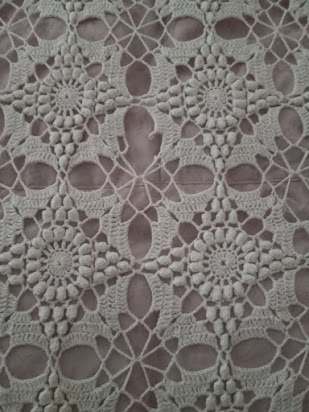Dear Friends,
Have you ever drifted with the current in a river? I have. Up in Canada one year, after a strenuous white-water rafting of rapids, the guide told us to jump into the water and “go with the flow.” The scenery passed by with all its rugged beauty and we didn’t even have to think, until the guide told us to turn and swim, because a quarter of a mile ahead was a waterfall. The drifting was over.
Today’s readings have something to tell us about drifting and waterfalls in our own lives, and how we have to turn to embrace God anew.
Joshua’s companions, who crossed into the promised land with him, included the generations after the exodus had begun. Apparently, many of them were drifting along without the benefit of a personal commitment fully their own. They had not embraced the conviction that God was committed to be their God and they were called to be His people.
When Joshua saw that this sensitivity was lacking, he said to the people: Decide today whom you will serve and be faithful.
Our second reading picks up the theme of choice and fidelity when Paul says: Defer (i.e. submit) to one another out of reverence for Christ.
(It’s regrettable that the author of Ephesians takes for granted the subordination of women. While such an understanding was part of the time, it is not true of ours. We don’t accept the subordination of women today, and because we don’t, we are in danger of missing the point of this passage.)
In asking us to defer to one another, the author of Ephesians is asking that, in our intimate relationships, we put aside self-interest and choose to live generously the commitments we have made. No drifting. Choose and be faithful.
Finally, the Gospel offers us a graphic picture of the conflict that the words and deeds of Jesus have caused. For the last four weeks, we have heard how the claims and promises of Jesus aroused cynicism, ridicule and contempt.
“This sort of talk is hard to endure,” the people said. Many of them left the company of Jesus.
Jesus turned to his closest disciples and asked if they wanted to go away too. Then Jesus waited for their response. He didn’t back down from what are called his “hard sayings,” but he waited for his disciples to choose, and he waited for us.
Some of us have gone away from the daily company of Christ. Maybe our feet still take us to church, but our hearts are elsewhere. We may be drifting toward some unseen waterfalls ahead.
When we can’t begin to find words to respond to the God who wants to know whether we will go or stay, we can at least borrow from the words of Peter to make our own: “Lord, to whom shall we go? You have the words of everlasting life. We have come to believe and are convinced that you are God’s Holy One.”
~ Sister Joan Sobala






